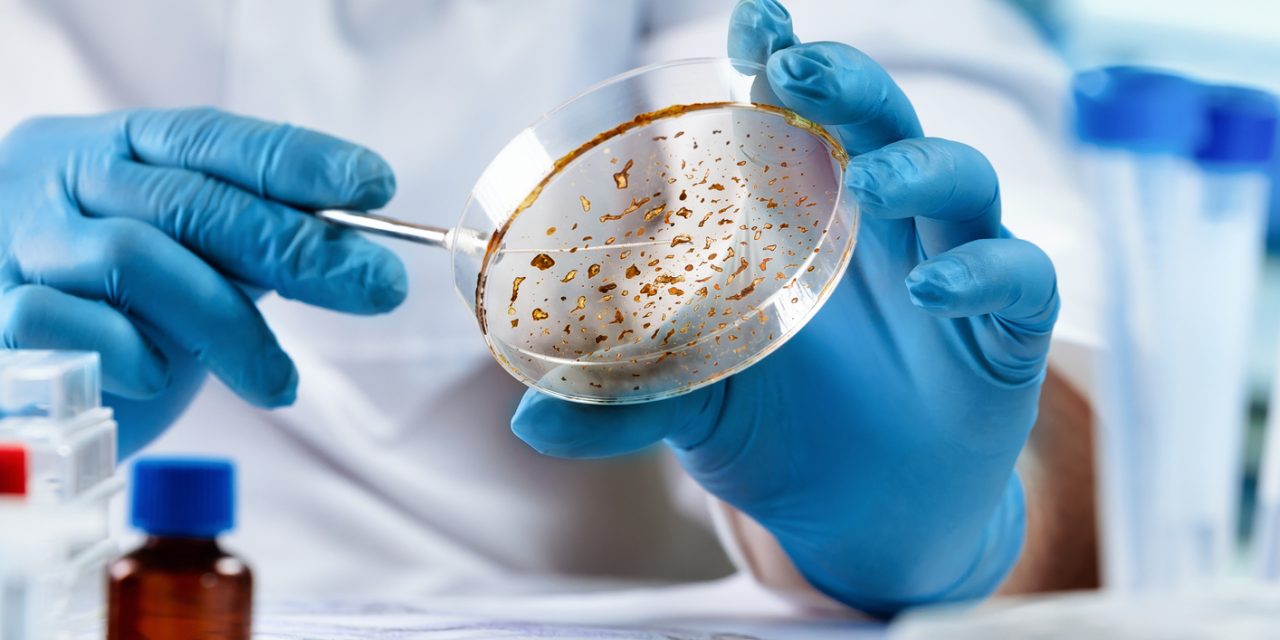Antibiotics have been a key part of clinical treatments for more than 70 years. Long-term use of antimicrobial treatments has led to the development of severe bacterial resistance, which has become increasingly serious due to antibiotic abuse, resulting in the treatment of bacterial infections becoming challenging. The repurposing of approved drugs presents a promising strategy to address current bottlenecks in the development of novel antibacterial agents. Drug repurposing is a cost-effective emerging strategy, which aims to treat resistant infectious diseases by identifying known drugs with predicted efficacy for diseases other than the target disease. This strategy has potential in the treatment of tuberculosis (TB), particularly drug-resistant TB. In recent years, a panel of drugs approved for clinical use or clinical trials, such as linezolid, vancomycin and celecoxib, have been found to have anti-TB activities. However, the utility of drug repurposing is limited by the number of candidate compounds and their low activities. The low activities of repurposed drugs have slowed the development of a drug-repurposing strategy for anti-TB drugs. The present review discusses progress in the discovery of new anti-TB agents through drug repurposing since 2014. We also discuss the challenges faced and analyze the innovative ways that are being used to overcome these difficulties. This review may provide a useful guide for researchers in the field of drug repurposing.Copyright © 2020 Elsevier Masson SAS. All rights reserved.
Repurposed drug candidates for antituberculosis therapy.


